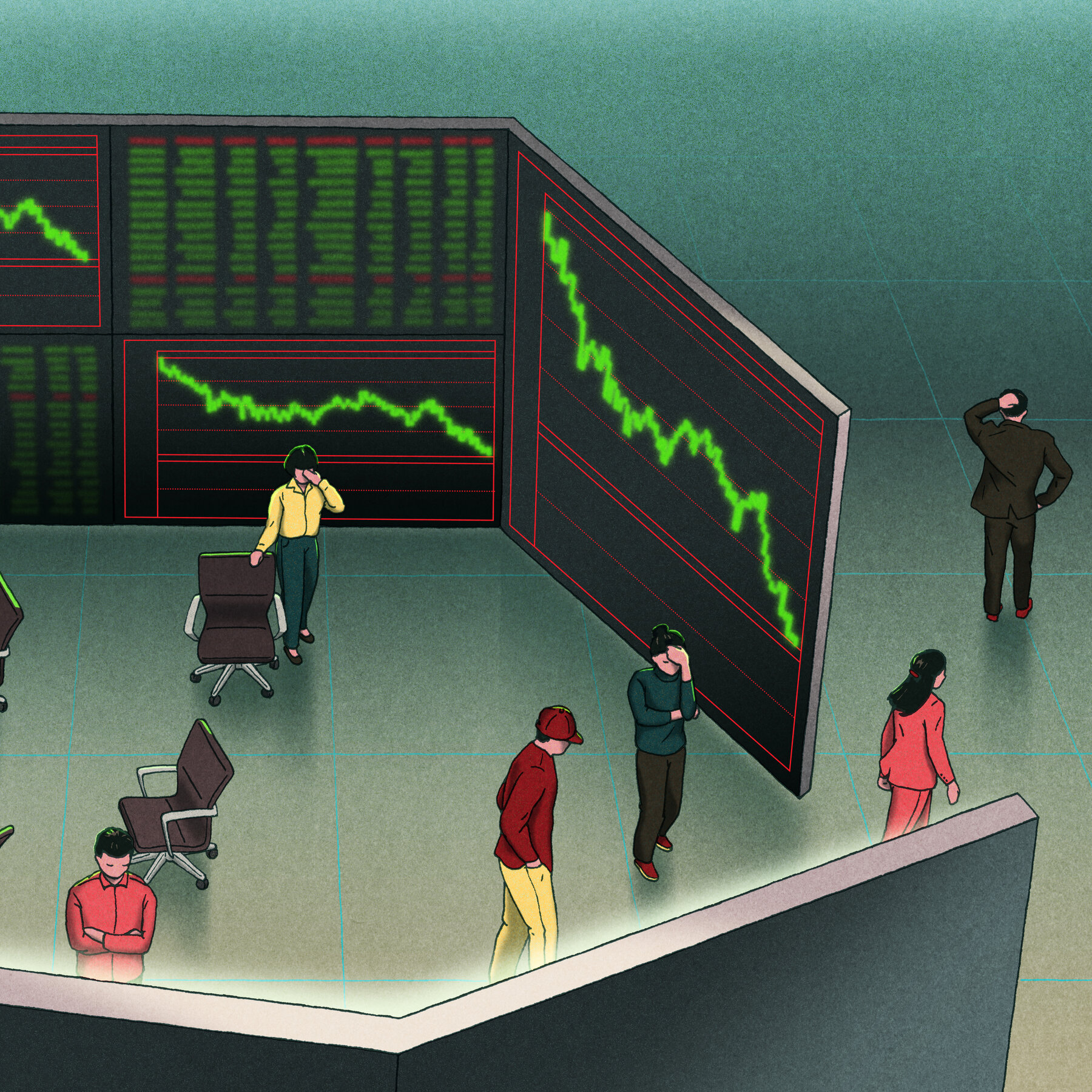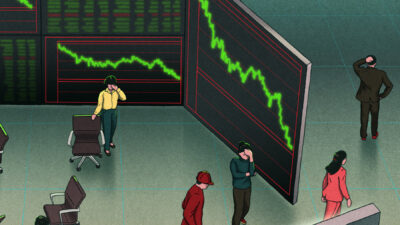EROME – Investing in the stock market can be a smart way to grow your wealth. But what if your goal is to lose money spectacularly? Whether you’re curious about bad investing habits or just want a laugh, here’s your foolproof guide to making a terrible stock-market bet.
Table of Contents
| Sr# | Headings |
|---|---|
| 1 | Introduction: The Art of Losing Money |
| 2 | Ignore Research and Due Diligence |
| 3 | Follow Hot Tips and Hype Blindly |
| 4 | Put All Your Money in One Stock |
| 5 | Buy High, Sell Low |
| 6 | Invest Based on Emotions |
| 7 | Overtrade and Chase Losses |
| 8 | Ignore Diversification |
| 9 | Go All-In on Penny Stocks |
| 10 | Neglect Risk Management |
| 11 | Trust Get-Rich-Quick Schemes |
| 12 | Disregard Market Trends |
| 13 | Leverage to the Max |
| 14 | Forget About Taxes and Fees |
| 15 | Conclusion: The Recipe for Disaster |
Introduction: The Art of Losing Money
The stock market has made many people rich, but it has also caused countless financial disasters. If you’re looking to make terrible stock-market bets, you’ve come to the right place. Let’s dive into the best ways to sabotage your own investments!
Ignore Research and Due Diligence
Who needs research? Just throw your money at a stock without reading about the company, its financial health, or market trends. Blind confidence is key to a terrible investment.
Follow Hot Tips and Hype Blindly
If your cousin’s friend’s barber says a stock is about to explode, put all your savings into it immediately. Forget verifying information—trust random sources instead.
Put All Your Money in One Stock
Diversification is for cautious investors. If you want to go broke fast, put everything into one stock. That way, if it crashes, you lose everything in one shot!
Buy High, Sell Low
A great way to fail is to buy when prices are at their peak (because everyone is buying) and sell when panic sets in. It’s the perfect formula for financial disaster.
Invest Based on Emotions
Let your emotions drive your decisions. Buy stocks because you love the company, and sell in a panic when the market dips slightly. Logic is overrated.
Overtrade and Chase Losses
Frequent buying and selling will rack up trading fees and taxes, eating into your profits. If a stock drops, keep throwing money at it—surely it will turn around!
Ignore Diversification
Spreading your money across different investments minimizes risk. But why do that? Stick to a single industry or company and watch your portfolio crash when trouble hits.
Go All-In on Penny Stocks
Penny stocks promise huge returns, right? Wrong! Most are scams or failing companies. But if your goal is financial ruin, this is the way to go.
Neglect Risk Management
Smart investors use stop-loss orders and portfolio reviews. But for a true disaster, ignore risk entirely. Assume every stock will skyrocket, no matter what.
Trust Get-Rich-Quick Schemes
If someone online promises a “secret stock formula” that guarantees massive profits, believe them! Scammers thrive on people looking for easy money.
Disregard Market Trends
Stock charts? Market cycles? Who needs them? Ignore expert analysis and assume every stock will rise forever—until you’re proven wrong.
Leverage to the Max
Borrowing money to invest can multiply gains, but it also multiplies losses. Take on as much debt as possible to ensure maximum financial destruction.
Forget About Taxes and Fees
Ignore brokerage fees, capital gains taxes, and penalties. These hidden costs eat away at profits, but you’ll only notice when your balance plummets.
Conclusion: The Recipe for Disaster
By following these steps, you’ll guarantee yourself a terrible stock-market experience. Or, if you prefer to succeed, simply do the opposite. Either way, now you know what NOT to do!
FAQs
1. Why do people make bad stock-market bets?
Many investors get caught up in emotions, hype, and poor research, leading to costly mistakes.
2. What is the worst stock-market mistake?
Putting all your money into one stock without research is one of the biggest mistakes you can make.
3. Are penny stocks a good investment?
Generally, no. Penny stocks are highly volatile and often involve scams or failing companies.
4. How can I avoid making terrible stock-market bets?
Do your research, diversify, set stop-losses, and avoid emotional trading.
5. Is following stock tips a good strategy?
Not always. Always verify sources and conduct your own analysis before investing.










